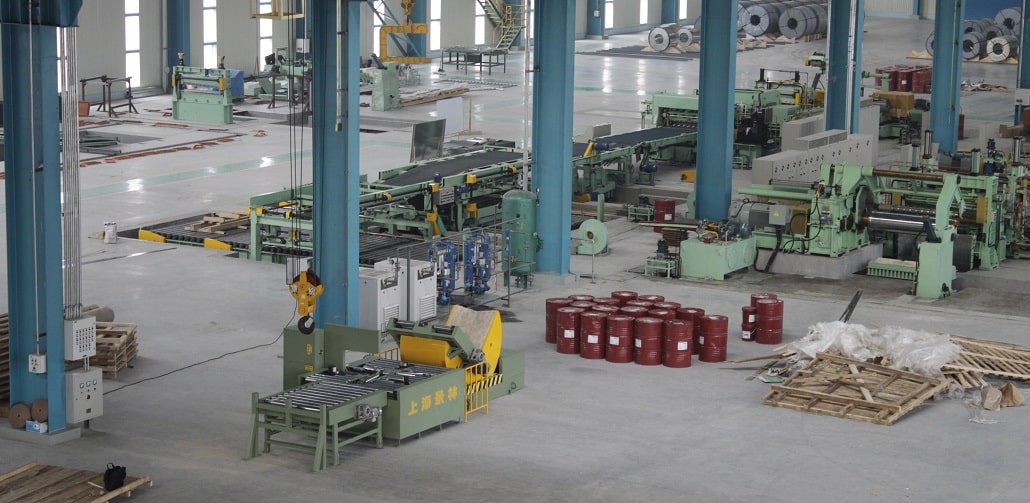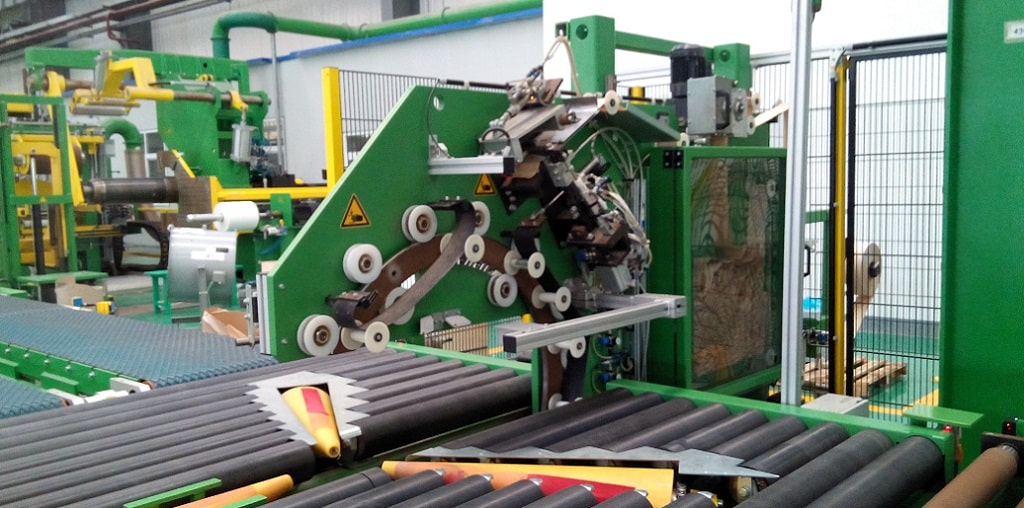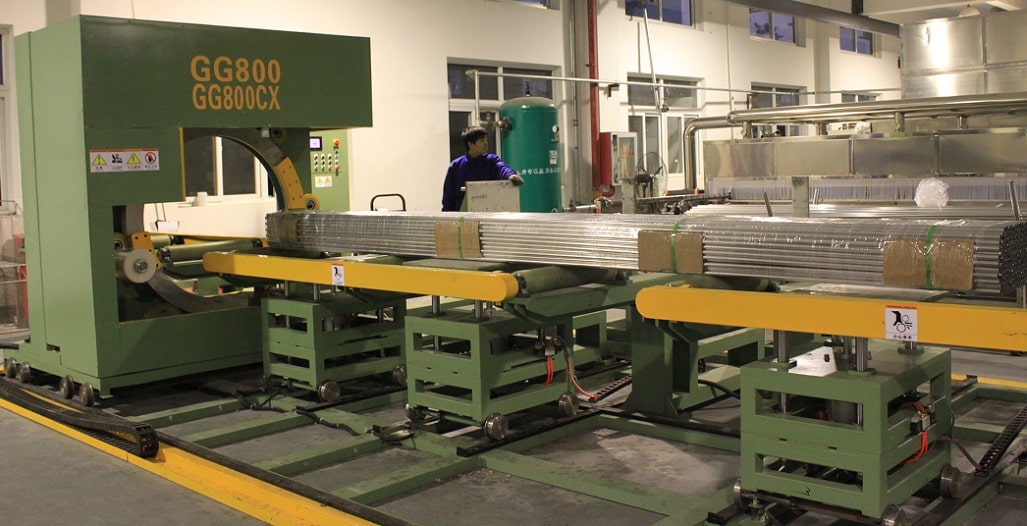JINGLIN PACKAGING MACHINERY CO.,LTD
Add: No.565, Dongkai Road, Songjiang District, Shanghai, P.R.China.201619
Tel: 0086-15021705930 also for Whatapp&Wechat
Fax: 0086-21-67690924
Website: https://www.shjlpack.com
E-mail: info@shjlpack.com
jlpackage@gmail.com
![[field:title/]](/source/images/shjl-logo.png)


